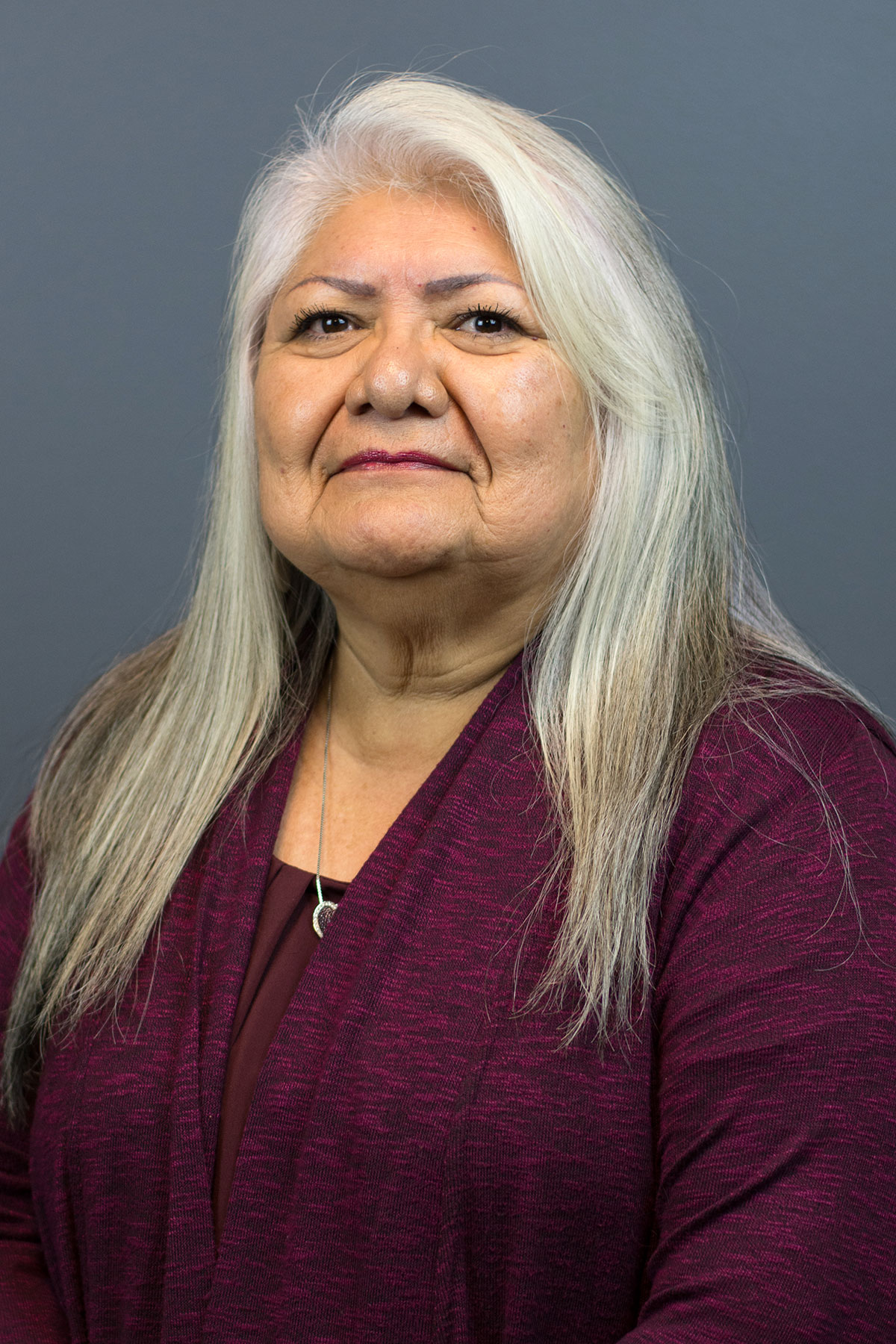Introducing Treasurer, Marjorie Barry
Mique Nuchu,
This is Marge Barry, Tribal Council member and newly appointed Treasurer. It is an honor to serve in this capacity for the benefit of the tribal membership.
I will strive to not only protect the Tribe’s financial interests, but also to be a liaison with tribal members. Ensuring that tribal members are fully aware of the Tribe’s financial condition.
I recognize the present-day success of our tribe is built upon the hard work of our past and present leaders, and I will do all I can to continue this, and to provide the best possible service we can to the tribal membership. 2020 has been a year like no other, a “new normal” for our tribe, yet we have adapted and will continue to do so until we return to safer days.
I would like to continue financial literacy resources to tribal members. With that in mind, what follows is an article on fraud detection written by Anne Flanigan – Treasury and Cash Management Analyst in the Permanent Fund’s Finance Department. There has been increased fraudulent activity and we need to stay vigilant. Please be mindful that not everyone has your best interests at heart. I hope you find this information useful.
If you have any questions, please contact me at 970-553-0255.
Please stay healthy and safe!
Toghoyagh,
Marge Barry, Treasurer
Southern Ute Indian Tribe
The COVID-19 Pandemic has put a lot of strain on all of us with pressure coming from many directions. Confusion and concern are running rampant, and people are often looking for a “quick fix” or solution. Unfortunately, some will take advantage of the situation if we let them.
A “scam” is defined as, “a fraudulent or deceptive act or operation.” Seniors and older adults are often the most targeted group by scammers because they are perceived as isolated, less tech-savvy, more financially stable, and more trusting of people in general. Because of their increased risk of serious consequences, if infected with COVID-19, they may be more likely to believe ads either over the phone, through the mail, or over social media claiming to have a cure or vaccine. Currently, there are no FDA approved vaccines or treatments that have been proven to effectively treat or cure the virus.
We discussed predatory lenders in the Feb. 25, 2019, Money Talks column. To recap, here’s how to recognize a predatory lender:
- They offer loans without taking into account a borrower’s ability to repay the loan.
- They charge unusually high-interest rates for a loan.
- They give loans with excessive or hidden fees.
- They tack on unnecessary costs, such as prepaid single premium life insurance.
- They target their services at the elderly, minorities, or low to moderate-income communities.
- They might place a lien on your vehicle, home, or use another form of collateral that far exceeds the value of the loan.
Predatory lenders take many forms, but can often be found at payday lending stores, storefront finance companies, rent-to-own stores, and title loan companies. Think twice about taking a loan from one of these businesses, and make sure you understand the interest rate, fees, and loan terms before taking out a loan.
We have an abundance of pawnshops in the area, and most of them are honorable businesses with appropriate business practices. While they can be a good place to make a purchase, they may not be a good source for fast cash. Pawnshops buy, sell and trade items as well as make “pawn loans” where they pay the customer a percent of the estimated value, often 40-60%, and make a loan with the item as collateral. If the loan is not repaid, along with any fees and interest, within the agreed-upon time frame, the item becomes the property of the pawnshop and available for sale to the public. The thing to keep in mind is that the pawnshop owner is looking to make money on the transaction, either in fees and interest or the ultimate sale of the item.
We have all heard the term “retail therapy” and most of us have probably indulged in some of this, but we need to remember that what is purchased on credit must be repaid. Credit Cards have notoriously high-interest rates, and while the minimum payments may be reasonable, your interest cost will be extremely high. Consider carefully before you make the purchase. It may be helpful to ask yourself if the purchase of an item satisfies a “need” or a “want”. If the purchase falls into the “want” category and is not needed for basic living, consider not making the purchase, especially if you have to make the purchase with debt (credit cards, loans, etc.).
Remember the saying –if it sounds too good to be true, it probably is? Think carefully before making any financial decisions, and never give your personal information – social security number, bank information, passwords, and usernames to anyone over the phone or through electronic media.

